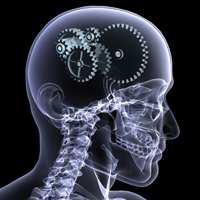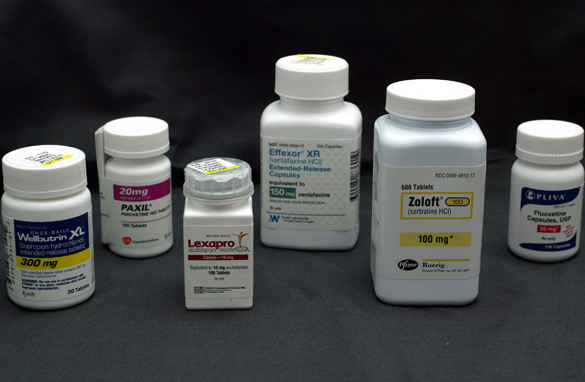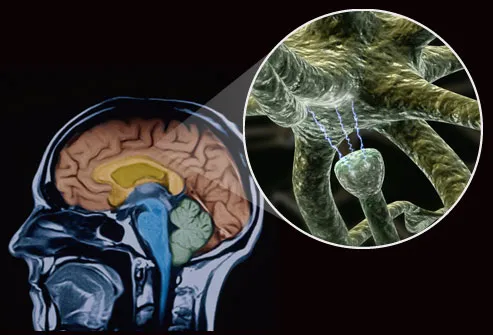Sometimes, you have to damage your back to realize how lucky you are.
Mood music for this post: “Hell Hole” from Spinal Tap:
[youtube=http://www.youtube.com/watch?v=e4cQMI2Lnxo&hl=en_US&fs=1]
No, I didn’t break my back. But I did jolt my spine somewhere to the left of where it’s supposed to be. It hurts like hell. And yet I’m in a much better mood than I’ve been in recently. This injury may be the thing I needed to get over myself.
It’s hard to get too uptight about the back. I don’t know how I managed to injure it, but I have an excellent chiropractor who will probably manage to fix it after a couple days’ work.
And it’s forced me to do something I typically suck at — lying still and thinking things over.
I’ve been brushing up against depression for the last couple weeks. Much of it was brought on by damaged pride — specifically the need to seek out help for a financial tight spot we found ourselves in. That hurt a lot.
As a result, I’ve been carrying on like the same drama-seeking people that annoy me on a daily basis. I’ve been whining, which makes me even more pissed at myself.
So somewhere along the way, I hurt my back. My first thought was that I wasn’t going to complain about it on Facebook the way other people complain about things. Arrogant, you say? Absolutely. People with a history of OCD and addiction tend to be self-absored and hypocritical. I’m guilty as charged.
But being forced to lie down may have been good for me on this score.
I hate having to be out of commission, especially when I’m not able to help Erin with the housework. I feel like I’m pissing my life away as the world continues to speed by. I am, however, proud of the fact that I’ve managed to have a prolific work week despite all this. I can type away on the laptop while lying flat on my back, and I’ve gotten a fair amount of writing done.
The pain I’m feeling is actually the medicine I needed. You see, I used to have these back problems all the time. I spent a lot of the time between 2000 and 2006 incapacitated. One time, in 2003, paramedics had to take me to the hospital in an ambulance. I was prescribed every pain-killing (and brain-killing) pill under the sun along the way. And I missed A LOT of life.
I found my chiropractor in 2006 and within a couple weeks he found and fixed the source of my constant spasms. This week’s injury is really the first major incident since I started going to this guy.
He’s already working to fix this latest problem. A couple more days and I’ll be back to normal.
And, unlike the past problems, I don’t have pills eating away at my brain as I lie there. I’ve been clear-headed and able to put life in perspective.
Despite the occasional setback, I’m not suffering like I used to. The OCD still runs hot from time to time, and the demon that fuels my addictive behavior tries to talk me into a relapse often.
But so far, I haven’t given in.
That’s probably why I’m in a good mood now. Back when the back pain was constant, I ALWAYS caved to my addictions.
Not this time, and that makes me grateful. 
I’m still doing all the service that’s part of 12-Step recovery, and it feels good.
Life is so much better than it used to be. My head is clear. My career is humming along, the sun is shining and I have family and friends that keep me whole.
It just took a back injury to remind me of all that.



 I’ve been there. Migraines. Brutal back pain. A stomach turned inside-out.
I’ve been there. Migraines. Brutal back pain. A stomach turned inside-out.
![[ImgPet.jpg]](https://theocddiaries.com/wp-content/uploads/2012/04/imgpet.jpg?w=300)


